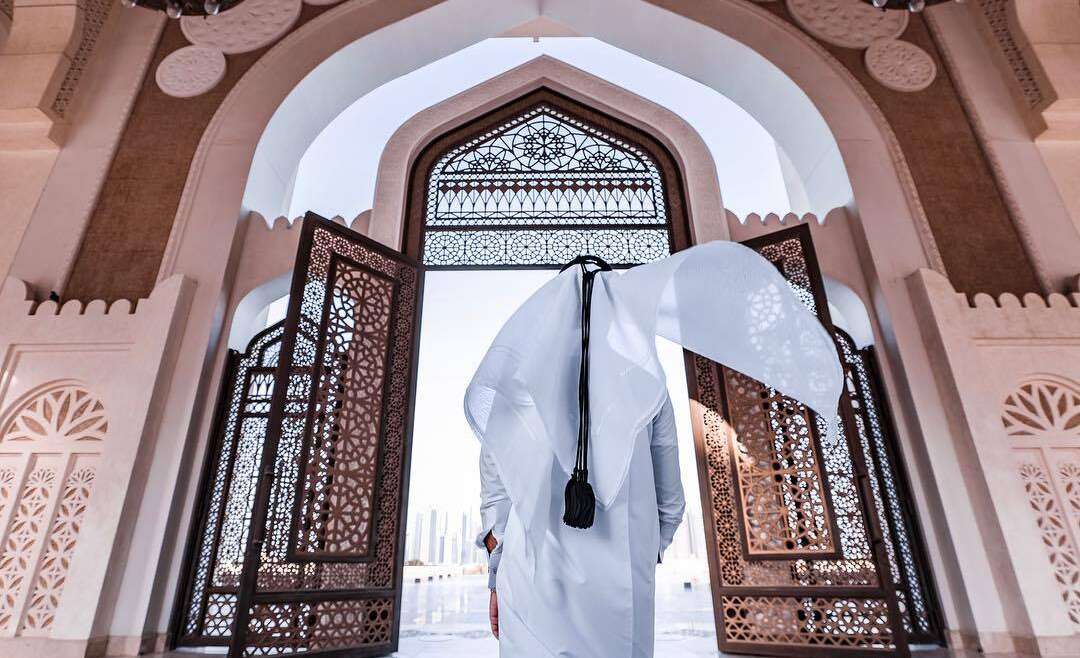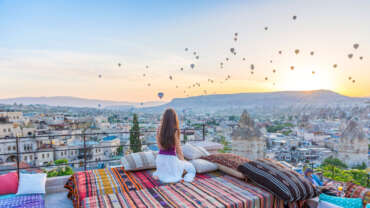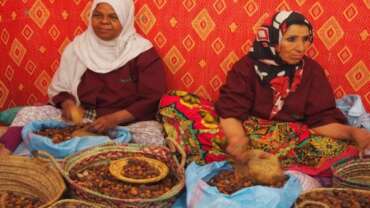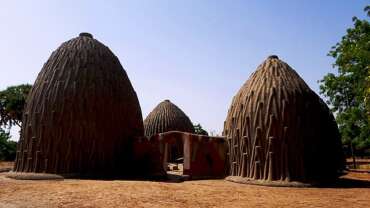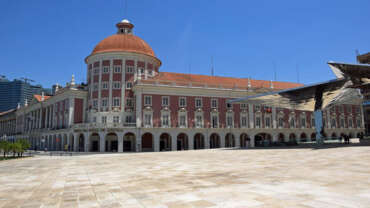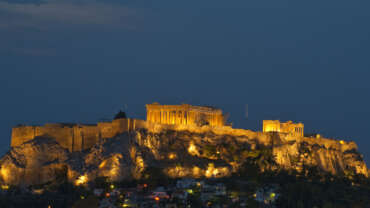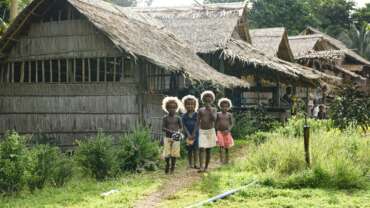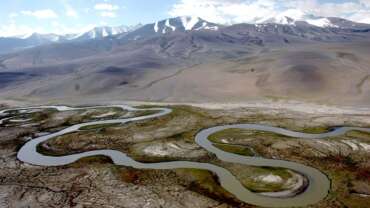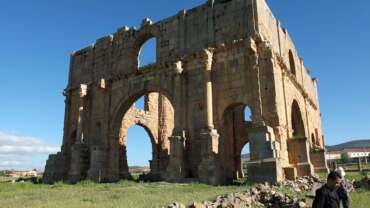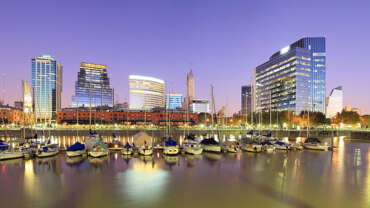Qatar - Independent Spirit
Qatar is where cultural authenticity meets modernity; where the sand meets the sea; where people come together to experience unique offerings in culture, sports, business and family entertainment.
The essence of Qatar
Qatar is a land where tradition meets modernity. It is a country whose people are rooted in their heritage while maintaining an eye on the future, and Qatar’s growing global role in business, politics, and education.
There is a deep respect for the nation’s history – archaeological sites and artefacts are painstakingly excavated and cared for – protected in-situ or housed in museums. Qatar is home to everything from neolithic rock carvings, modernist skyscrapers and gentle Dugongs in its glittering waters. This is where ancient dwellings are only a stone’s throw from world class museums, glistening malls, desert adventures, and international sports venues.
The country’s seafaring past today manifests in a continued reverence for the crystal waters that surround the peninsula. Fishing remains a passion, and enthusiasts can enjoy a plethora of water sports. From kayaking through the Al Thakira mangroves to the thrill of a desert safari while taking in the majesty of the Inland Sea, to relaxing by the beach, Qatar allows visitors to reconnect with nature.
Qatar holds thrills and novel experiences for all. It offers a window to the past – and a glimpse into the future, all under the umbrella of that famous Arabian hospitality.
History of Qatar
Archaeological evidence points to signs of human habitation on the Qatar Peninsula around 4000 years BC. For centuries, Qatar was largely populated by Bedouin tribes and a few fishing villages.
Qatar’s modern history begins in 1766 with the establishment of the town of Al-Zubārah, which became an important economic outpost. Before the discovery of oil and gas changed the fortunes of the gulf state, the economy was built around fishing, pearl diving and trading.
A British Protectorate from 1916, the modern state of Qatar was born on September 3, 1971, when it proclaimed its independence. Since then, the country has undergone rapid growth.
People of Qatar
Ethnic groups and languages
Qatar was originally settled by Bedouin nomads from the central part of the Arabian Peninsula. Qatari citizens, however, constitute only a small portion—roughly one-ninth—of the total population today. Economic growth beginning in the 1970s created an economy dependent on foreign workers—mostly from Pakistan, India, and Iran—who now far outnumber nationals. Few Qataris retain a nomadic lifestyle.
Arabic is the official language, and most Qataris speak a dialect of Gulf Arabic similar to that spoken in surrounding states. Modern Standard Arabic is taught in schools, and English is commonly used. Among the large expatriate population, Persian and Urdu are often spoken.
Religion
Islam is the official religion, and Qataris are largely Sunni Muslims. There is a small Shiʿi minority. The ruling Āl Thānī (Thānī family) adheres to the same Wahhābī interpretation of Islam as the rulers of Saudi Arabia, though not as strictly. Women, for example, have greater freedom in Qatar than in Saudi Arabia. The non-Qatari population has a more diverse religious makeup, with Muslims, Christians, and Hindus comprising the largest religious groups.
Cultural Life of Qatar
Daily life and social customs
The Qatari people are descendants of Bedouin and have maintained a tradition of generous hospitality. Qatari society, however, tends to be conservative in most respects and is heavily influenced by Islamic customs. The consumption of alcohol, for example, is frowned upon, although alcohol may be served in a limited number of hotels catering mainly to foreigners. Likewise, dress is generally traditional and conservative. Qatari Arab men usually dress in a flowing white shirt (thawb) and a head scarf (kaffiyeh) held in place by a cord (ʿiqāl). Dress for Qatari women, although still conservative, is much less formal than in neighbouring Saudi Arabia. Many women still wear the full length black cloak (ʿabāyah), generally over Western clothing, but others simply wear the veil (ḥijāb). Their traditional dress is often decorated with gold or silver embroidery. In public the sexes are customarily separated.
Qatari cuisine features fresh fish and rice cooked with Indian spices. A typical meal might include broiled fish served on a bed of spiced rice with curry and potatoes. Coffee is the beverage of choice and is usually served strong, boiling hot, and without sugar. The capital of Doha also abounds in restaurants offering cuisines from throughout the world.
Qataris celebrate the standard Islamic holidays, including Ramadan and the two ʿīds, Eid al-Fitr and Eid al-Adha. They also celebrate several secular holidays, such as Independence Day and the anniversary of the emir’s ascension to power.
The arts
The Qatari Fine Arts Society promotes and exhibits work by local painters, as do the handful of galleries to be found in Doha. The National Council for Culture, Arts, and Heritage and several other agencies and departments oversee literary, artistic, and cultural activities as well as recreation and tourism. The traditional Bedouin arts of weaving (mostly rugs and pillows), poetry, and singing are still practiced. A genre of music known as nahmah (shanty), once popular among pearl divers in Qatar and the broader Persian Gulf region, virtually disappeared with the decline of the pearling industry, although the Qatari government has made great efforts to preserve it. Arab, Pakistani, Indian, and other expatriate workers have brought their musical styles to the country, but Qatari youth listen more to Western and Arab popular music than to Bedouin or other traditional forms.
Cultural institutions
The National Museum of Qatar, designed by Jean Nouvel and inaugurated in March 2019, takes visitors through interactive exhibits that feature 700 million years of Qatari history. At its centre is a former palace which had previously housed an earlier national museum. A fort at Doha has been converted into a museum for traditional crafts. Qatar’s National Theatre performs programs in the capital.
Food & drink
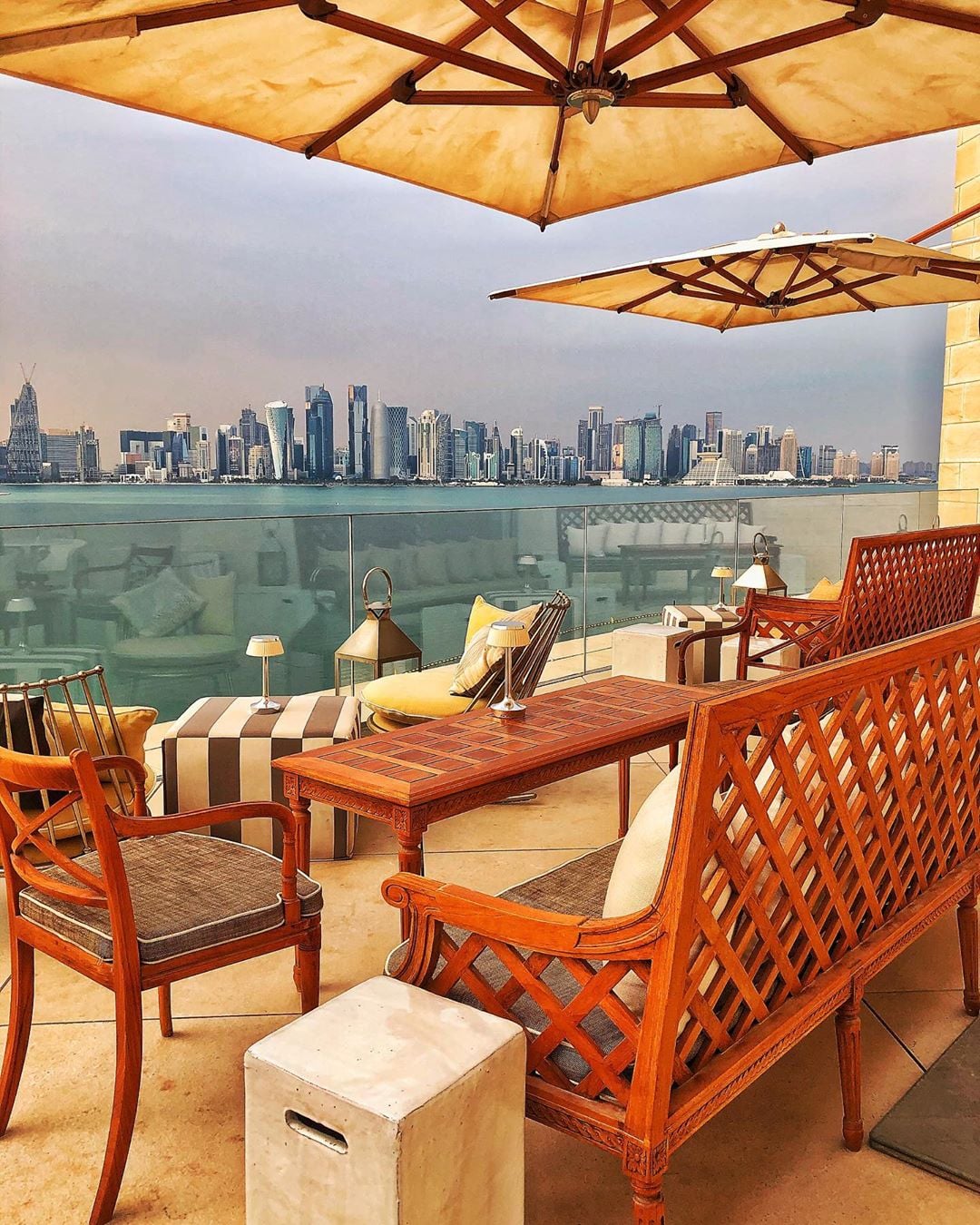
Home to people from over 100 countries, Qatar is a truly multicultural society. Its varied dining scene reflects this rich diversity, featuring an eclectic range of influences.
Fast food & snacks
Numerous fast food establishments serve up delicious, affordable dishes, served hot and fast. Head to these local institutions to sample some of the best eats in town.
Nightlife
For much of the year in Doha, life begins after the sun sets. As the city lights shimmer, its beautiful people head out to enjoy bites, music, and dance.
Ramadan in Qatar
Ramadan is a particularly festive time in Qatar. While all dining venues are closed during the day, they come alive around sundown.
Culture of coffee
Enjoying a cup of coffee in the Middle East is a ritual with a rich history and great importance. The whole coffee concept was related to social gatherings and interactions; this beverage was considered a great companion for all important occasions. Nowadays, Doha continues to celebrate the coffee culture and tradition and is home to many specialty coffee shops.



